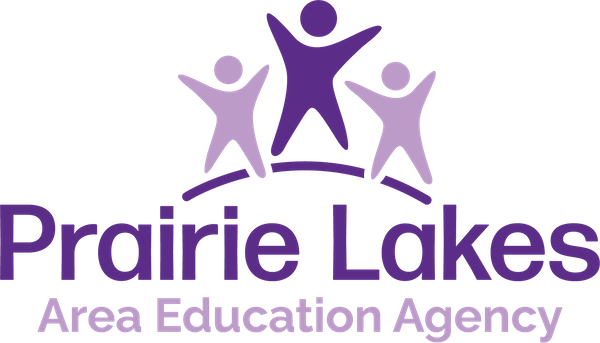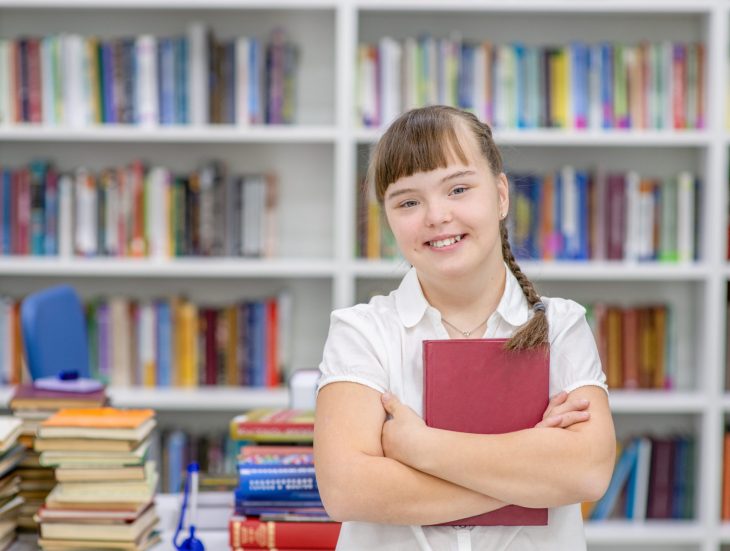Secondary Transition Services assist and prepare a student in special education to move from school to post-school living, learning and working. Activities within the post-school environment include: post-secondary education, vocational education, integrated employment (including supported employment), continuing and adult education, adult services, independent living and community participation.
The process begins no later than age 16, in Iowa the process begins at age 14. The planning must take into account the individual’s preferences, interests, needs, and strengths. The planning process is documented within the Individual Education Program (IEP) and must include: instruction, related services, community experiences, the development of employment and post-school adult living skills and, when appropriate, daily living skills and functional vocational evaluation.
Based on age-appropriate transition assessments, the team must discuss and document a plan for implementation that includes appropriate measurable post-secondary expectations related to living, learning and working. The transition plan must also include transition services, including a course of study to reach the post-secondary expectations and services to be provided by other agencies when needed.
Prairie Lakes AEA has two transition coordinators who specialize in secondary transition. Additionally, each local school district has an AEA Building Representative assigned to each building in a district that you can contact with questions, concerns, or a referral to one of the transition coordinators.
The transition planning process uses a student’s strengths, interests and preferences to develop a vision for the future that includes living, learning and working. Transition assessments are essential in developing this plan. Based on these assessments, the IEP team addresses the following:
- Specially designed instruction which may include daily living, academic, and vocational skills
- Related services (assistive technology, etc.)
- Courses & activities (classes needed)
- Employment options and experiences
- Extracurricular activities
- Community experiences
- Linkages to community agencies (IVRS, DHS, etc)
To ensure successful transition planning, be sure to consider any relevant service providers, such as:
- The IEP team
- Transition Coordinators when needed
- Iowa Vocational Rehabilitation Services
- County Case management
- Department of Human Services
- College Disability Services

